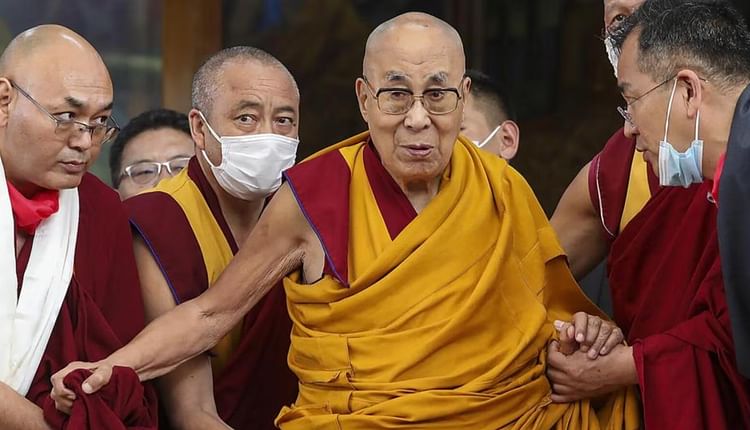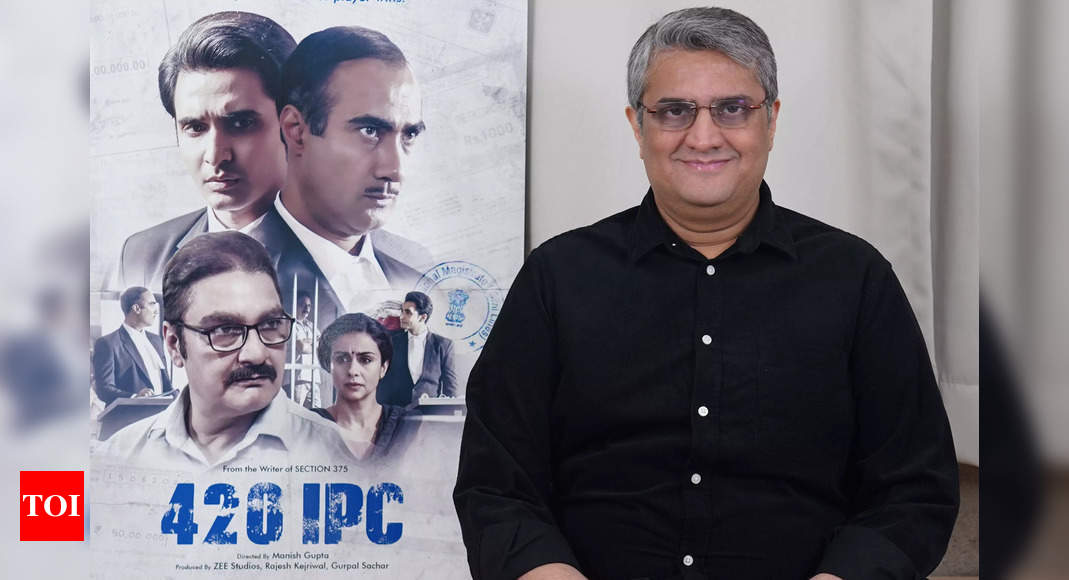A huge congratulations for ‘420 IPC’. Absolutely loving the authenticity that you have brought into the film. How has the response been so far?
People are absolutely loving the film. Critics and reviewers have also given the film a good rating. I’m being told by the audience that they loved the twists and turns in the plot that kept them hooked till the end, and that the final twist in the ending was totally unexpected and unpredictable. People have appreciated the detailing of court procedures in the film. I’m being told that the film is completely honest and unpretentious – just like me.
Your stories have a lot of depth and detail. As a director what are your priorities — focus mainly on the protagonists and characters and their world view, or focus on the storytelling?
My focus is always on storytelling. Each scene in my film always takes the story forward. I deliberately steer clear from subplots that are meant only for character development. Because that can slow down the pace of the narrative and may break the audience’s interest. Every scene in my film is always a part of the plot. I make the audience discover the characters as the story moves forward. That’s the reason that my films are concise and to the point. They don’t meander here and there. They make their point and get over. My template for writing my suspense scripts are late author Agatha Christie’s novels which are completely plot-driven.
A lot of times, while making legal and political dramas and films, it becomes very easy to get into the jingoistic space. How do you avoid that while writing and directing?
Indian cinema is plagued with jingoism. Most Indian films try to give some sort of social message or moral lesson. I find that very fake, that’s a very misplaced tendency because every story cannot have a social message. For example, ‘Section 375’ that I wrote held a mirror to our current times while ‘420 IPC’ is purely a suspense film. To avoid jingoism, I adhere very close to reality. In real life, no lawyer or policeman ever gives moralistic lectures inside court. So when I write a scene, I sit back and ask myself, “Can this really happen? Would a real person in this situation talk like this?” If the answer is yes, then I go ahead and shoot that scene.
Your previous directorial ‘Rahasya’ and ‘The Stoneman Murders’, plus ‘Sarkar’ and ‘Section 375’ that you wrote, were also drawn out of real incidents and people. What draws you to such stories?
I write what I see happening around me. My stories are drawn from reality because I can relate more to a plot when I know it’s real. It’s more thrilling, haunting, disturbing, and impactful to the audience when they know that something like this had really happened and hence can happen to them too.
For a country like India, where people are extremely sensitive about cinema, political, and legal topics used in films, how challenging is it to place your craft?
A writer-director in India constantly faces handicaps since he’s liable to be politically correct all the time. If a character from a certain community is depicted in a film in a negative sense, then the writer-director is compelled to show another character from the same community to be good so that the sentiments of any particular community are not hurt. Studios clearly include legal clauses in a writer-director’s contract which states that our content must not hurt the sentiments of any community. Also, films in India are a soft target for nuisance-mongers who create a protest or litigation for the sake of their own publicity and other agendas. A writer-director in India has to constantly deal with all these challenges.
How do you determine who your audiences are? What are your pull factors?
Being from an advertising background, before making a film, I first define the target audience that the film is being made for. A filmmaker needs to know what sort of content appeals to what segment of the audience. My films are usually designed for a niche urban audience, in layman terms, the multiplex-visiting audience. The pull factor in all my films is always the story, the concept which is always unique in all my films. Unlike other filmmakers, I do not depend on the star-power of my lead actors to draw the audiences in. My story and concept do that job.
Now that you’ve been around in the industry for so long, what has been your biggest takeaway?
My biggest learning in this industry is that no one here is really your friend or enemy. Everyone is an opportunist. They will support you or not support you depending on whether it benefits them at that given time or circumstance.
You have also shot a suspense drama with Raveena Tandon. Could you tell us about the film? And how has the experience been working with her?
‘One Friday Night’ is a relationship drama plotted like a suspense thriller. Raveena was very professional and punctual, she always arrived on time which is rare in Bollywood. Initially, on the set, there was friction between us because Raveena took some time to grasp my sensibilities as a writer-director. Raveena and I belong to completely different schools of filmmaking. She comes from a very strong background of commercial mainstream cinema whereas I come from a background of realistic cinema. But after she got a grip on how I’d envisioned the film, I was thrilled by her performance. She has given a blazingly brilliant performance that will floor the audience. I also found in Raveena an exceptional, towering screen presence.







More News
Riddhima Kapoor reacts to being trolled that Ranbir Kapoor, Neetu Kapoor and she did not look upset during Rishi Kapoor’s ‘cancer’ | Hindi Movie News – Times of India
Farida Jalal appearance at ‘Heeramandi’ premiere | – Times of India
Sharad Kelkar and Jyothika thought Rajkummar Rao was rude: Tushar Hiranandani – Exclusive | Hindi Movie News – Times of India